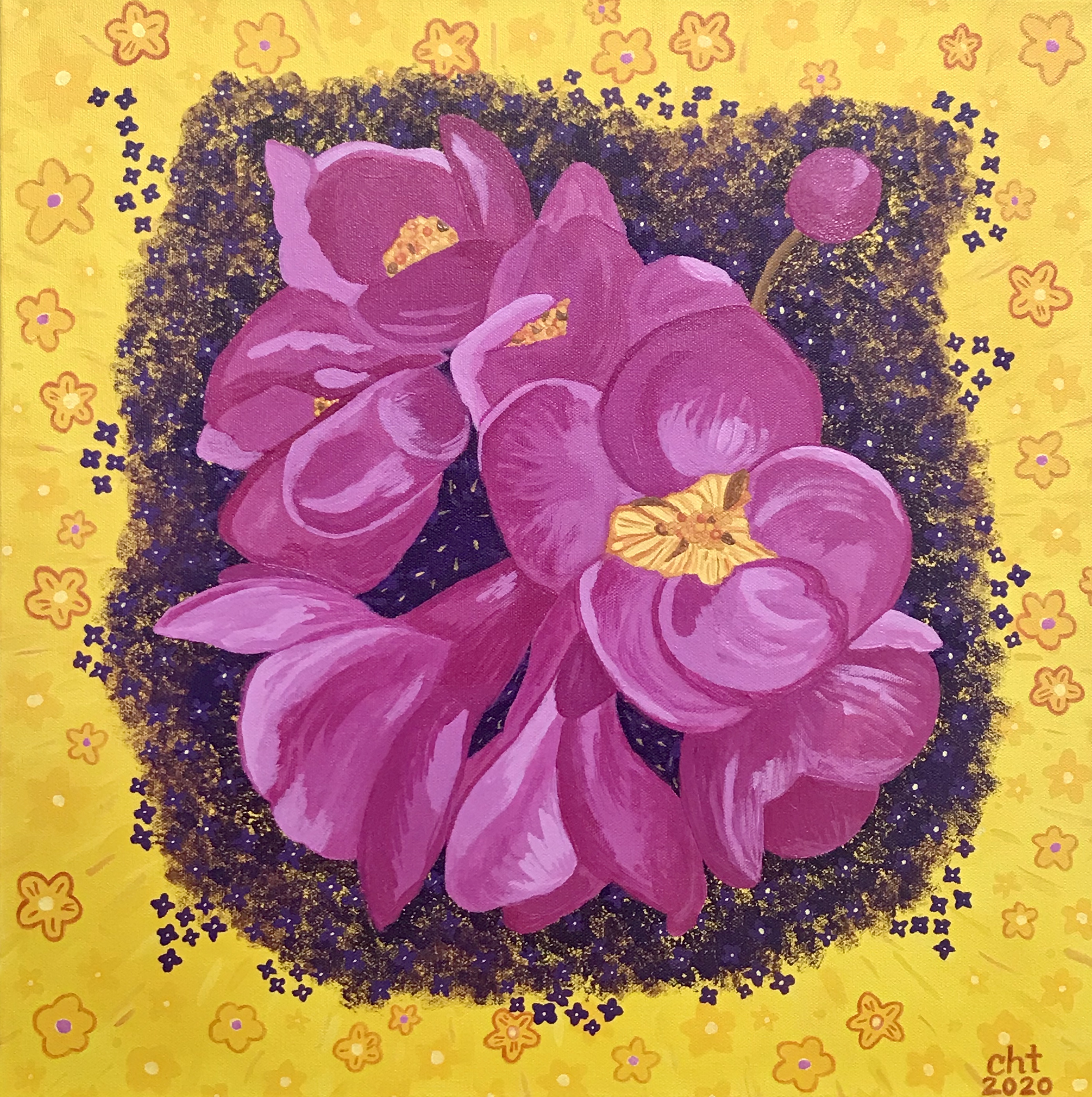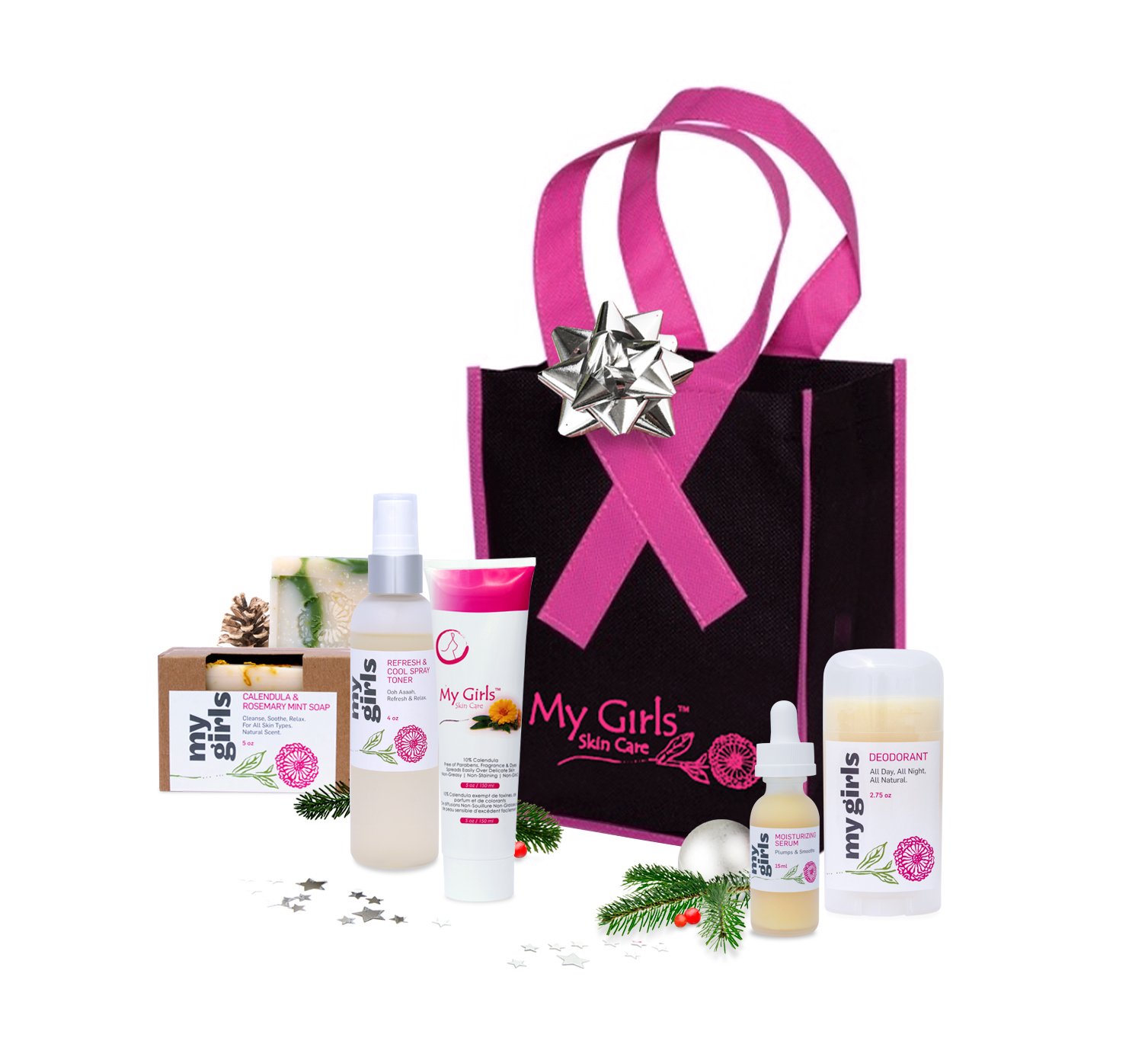Gratitude Journaling After A Cancer Diagnosis
Posted by Sharon W. on Nov 26th 2020
Facing a cancer diagnosis can be daunting...
but it doesn’t have to mean the end of a joyful life. One of the best ways to maintain that joy is through a gratitude journal, but often people don’t know exactly what it is or how to get started. Here’s all you need to know to begin your gratitude journal.
It’s Not Hard to Get Started
Your gratitude journal doesn’t have to be complicated. It can be a few lines scribbled in a notebook, or a document you keep open on your computer so it’s easy to add to whenever the mood strikes you. The important thing is to find the time to add something to the journal every day.
Some people like to start their gratitude journal by buying a beautiful notebook and special pens to keep just for this purpose. After a few days, just picking up that pen or opening the notebook will help put you in a grateful frame of mind.
What To Include?
There are no hard and fast rules. Just add whatever brings a smile to your face or a lift to your spirits. It can be as simple as enjoying the sunshine on your shoulders or noticing the joy on your dog’s face as she chases a ball. A neighbor who waves hello when you go out to fetch your mail might be noteworthy because it helps you know you’re not alone. Friends who call or drop off food. A day to yourself. A perfect snowflake or a pale pink rose. It’s all up to you.
Gratitude Prompts
Some people like to begin their daily gratitude journaling by reciting the famous Serenity Prayer. That’s the one that goes: “God, grant me the serenity to accept the things I cannot change; the courage to change the things I can; and the wisdom to know the difference.”
You can’t change your diagnosis, but you can change how you respond to it. This prayer has helped millions of people to keep going when life feels hard to deal with. Sit quietly and say the prayer until your mind calms. When that happens, you will be closer to identifying the things you have to be grateful for.
Mindfulness and Prayer
Focus with your whole being on an activity. For example, if you’re eating, take the time to enjoy the flavors and aromas of the food. Think of the love that went in to preparing the meal. If chemo or radiation has made it hard to enjoy food, remember that this too shall pass, and be grateful for that. Record your feelings in your gratitude journal. Download a prayer app; they are wonderfully calming, inspiring and a handy way to express gratitude when no words come to mind.
Holidays Are A Perfect Reason to Give Thanks
Thanksgiving and the upcoming holiday season is a perfect time to begin your gratitude journal. You have time to spend with family and friends, and you can take the opportunity to show them how much they mean to you. For example; you can write a thank you note or send a thoughtful gift to comfort and express how much they mean to you.
If you are tired from treatments, you may also mentally thank someone or send love to someone who has hurt you to release negative feelings with loving ones.
Love in all its forms is one of the most important things we should feel grateful for, so remember to jot down the acts of loving kindness that are such a joyous part of the holidays. Gift giving or giving a gift of time to others in need are mood boosters and a great way to put negative thoughts aside by focusing on the task at hand; finding that perfect gift for someone who showed you kindness during your tough days or simply spending time with someone.
The Benefits of a Gratitude Journal
After a few weeks of journaling, it can also help you to look back to see the many things you’re grateful for. Friends and family may have helped you along the way. A favorite nurse, parking valet or volunteer with a smile at the oncology center taking the time to chat with you can help you along the way. Whatever you have found, recording and rereading these events can help you through the difficult times. In fact, research suggests that those who express gratitude live happier, healthier lives.



